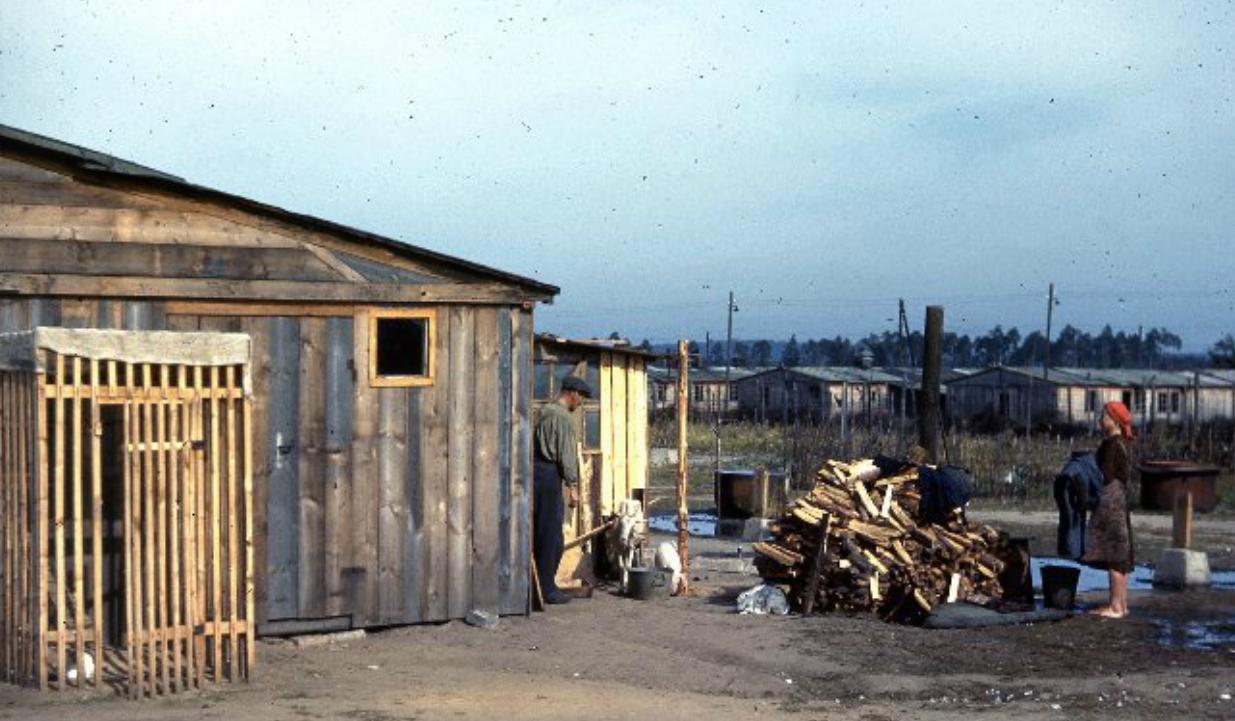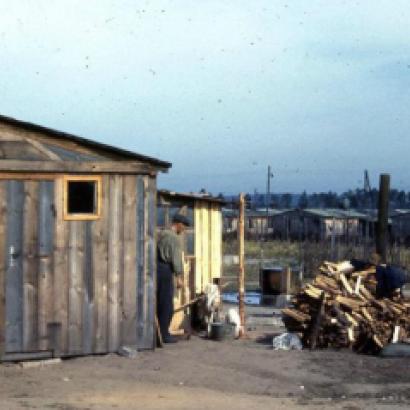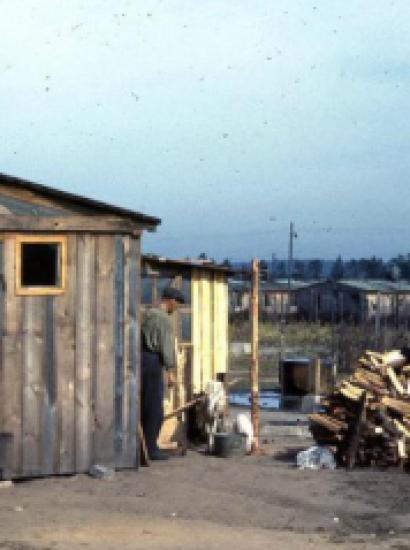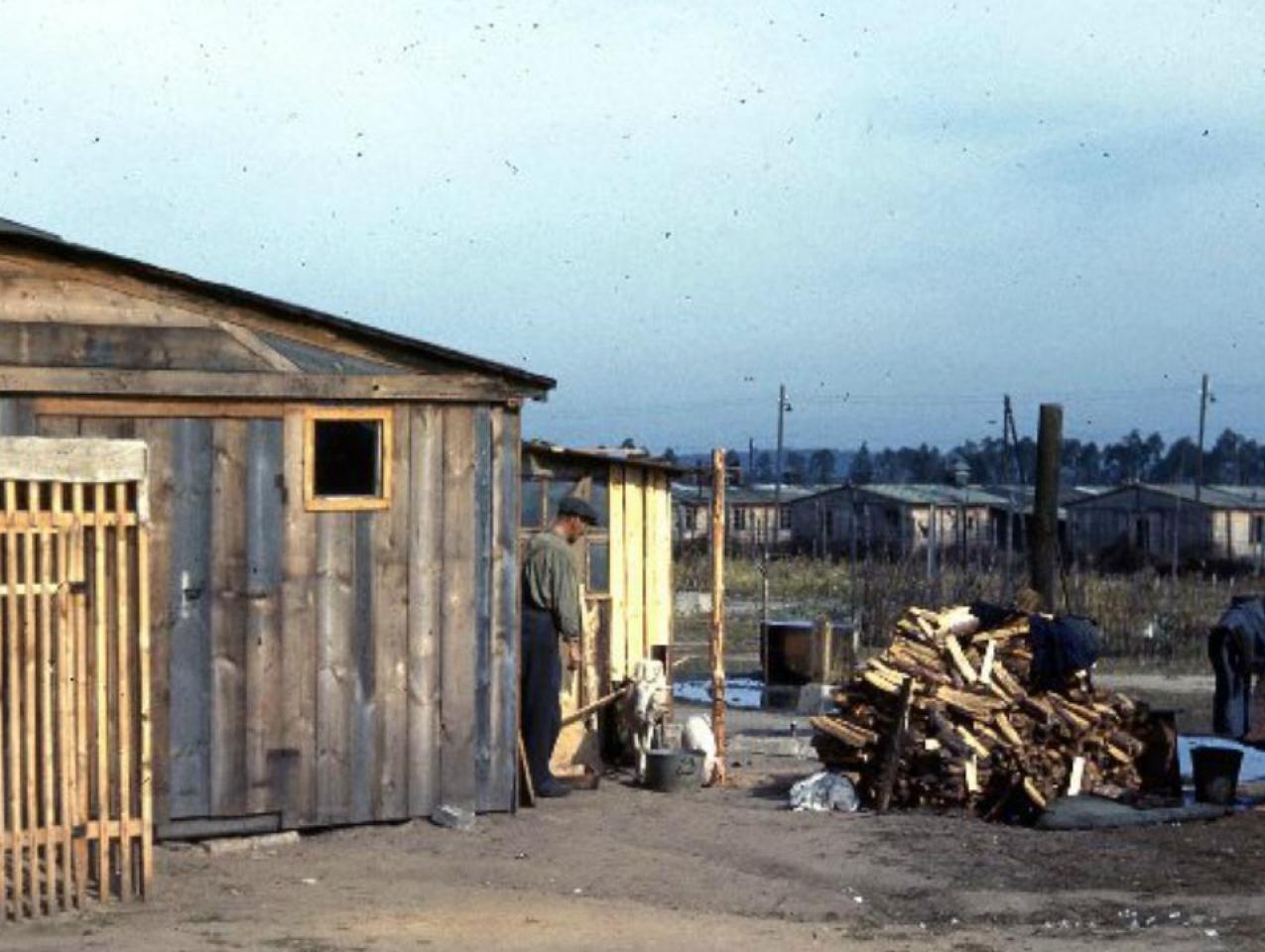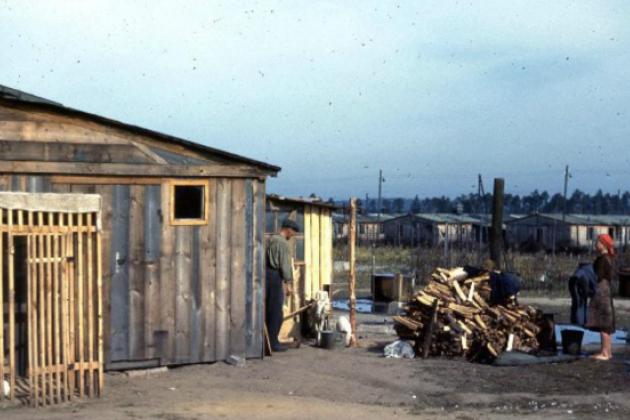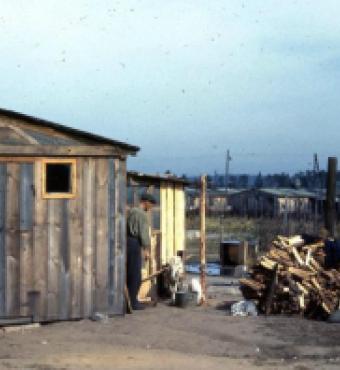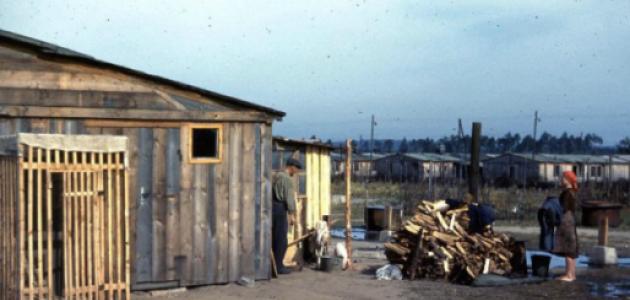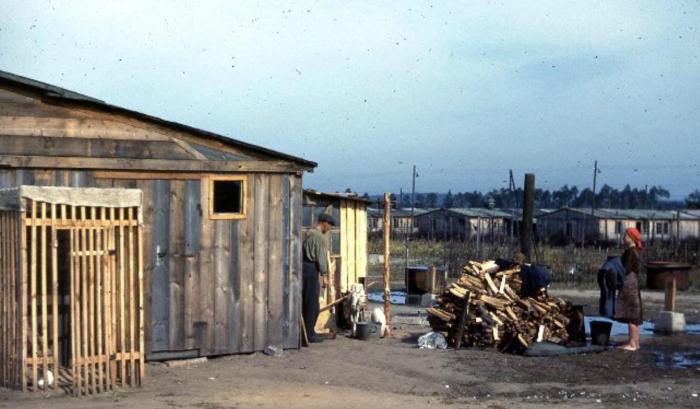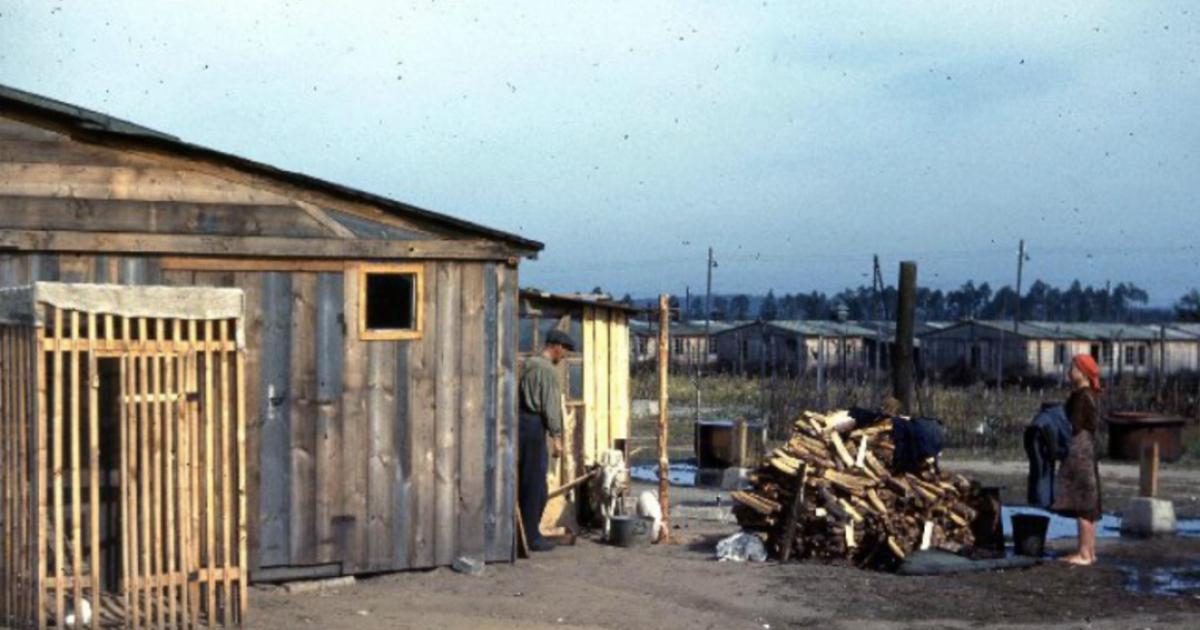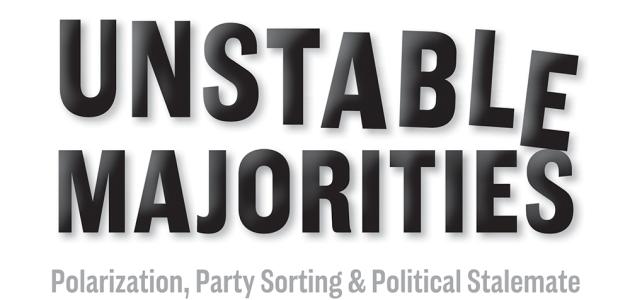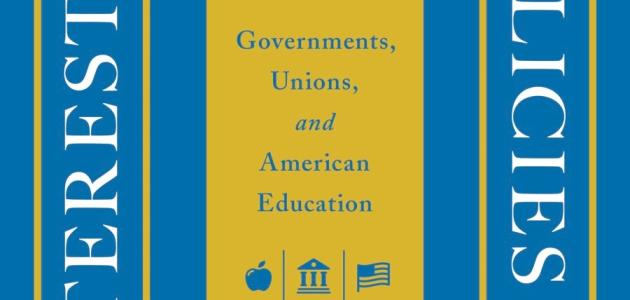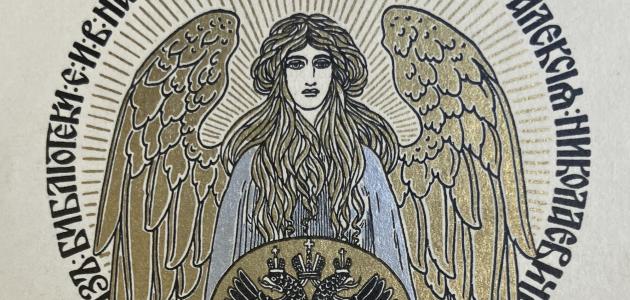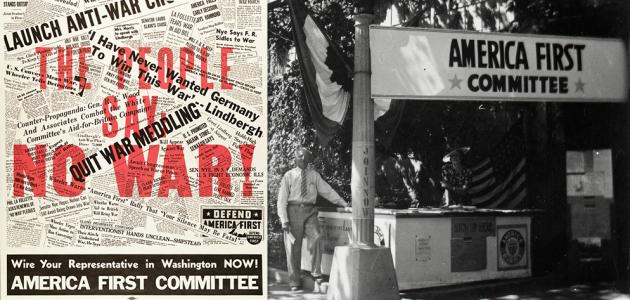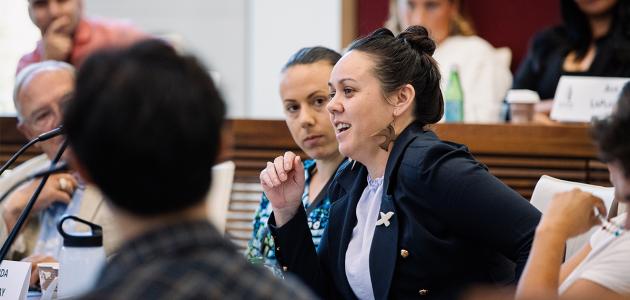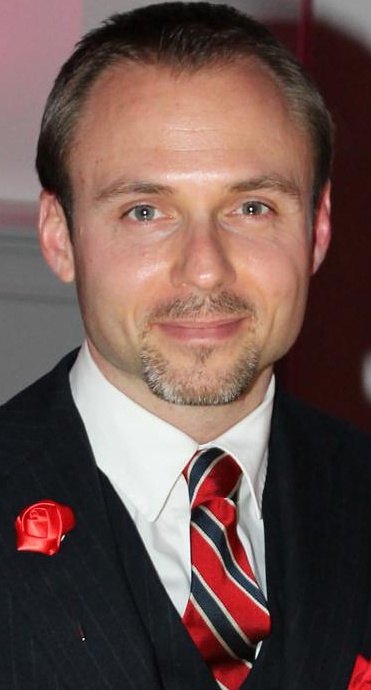
My long-term research interest in the Czechoslovak émigrés brought me to compare their experiences with those of other East European anti-communist exiles during the Cold War. For many years a neglected topic, it has recently and rightfully become the object of historical and political research. High-quality studies mapping the escape of political refugees from Czechoslovakia, Poland, Hungary, or Yugoslavia have begun to appear. Workers fled, as well as members of the cultural, scientific, intellectual, and political elites. All these groups undertook the difficult task of liberating their homelands from Communist rule. They needed to gain the support of world powers and, most importantly, to establish a unifying umbrella body that would become a reliable partner for Western governments. Setting up these exile structures was the result of years-long developments, complicated negotiations and many political clashes.
The representatives of democratic parties in Bulgaria and Romania had to leave their homelands by 1945-46; Hungarians, Poles and Czechs followed soon after. Moreover, many of them had been exiled even during World War Two; they simply switched their anti-Nazi struggle for a new opposition to the hammer and sickle. Political opponents of the Communists found themselves on their blacklists and the people’s democracies did not plan to include them in the future. These people, among them dozens of former ministers, deputies, diplomats, senior military and government officials, prominent lawyers, journalists or scientists, had a simple choice: await long imprisonment or even a death sentence, or try to flee abroad. This happened very often under dramatic circumstances, in many cases with the help of Western embassies and diplomats. Once they arrived in the free world, they felt the need to form resistance networks to weaken the totalitarian regimes in their homelands. Imminent conflict between the West and the East seemed very likely and the exile leaders, we can say defectors from the enemy camp, were considered useful players, kept on the wings by their potential liberators from communist tyranny. Personal ambitions and a naive belief that a political position in the exile world would automatically entitle its holder to a constitutional function in a future liberated homeland also played a significant role. Thousands of fellow citizens, filling refugee camps in Germany, Austria, France or Italy, and later scattered around the world received constant attention from these self-appointed exile elites who intended to gain their confidence and legitimacy to lead an anti-communist resistance. This evident effort to achieve authority within the exile tangle and to assemble like-minded people hastened the establishment of three primary types of political organizations: 1. political parties, 2. national committees (like the Council of Free Czechoslovakia, the Romanian National Committee, the National Committee of Free Estonia et alia), 3. internationals.
The entire phenomenon of politics-in-exile requires further attention. It is a very specific type of political craft, conducted in provisional conditions, far from constitutional orders and the will of an electorate. Without a regular measurement of power through regular elections, there simply cannot be any ordinary political process, nor democracy. Therefore, exile brings to mind the old adage about glass houses. More important than the positions and merits of exile politicians were their interpersonal relations, tolerance and compromises. Disputes and unfinished business from the past all too often rose to the surface and dramatically impeded the functioning of an organization and its morale. Also, the visions of diverse political groups in exile (Agrarians, Christian Democrats, Liberals, Socialists, Monarchists et alia) on the ideal organization of society, the development of individual countries and the entire European continent varied, logically enough. Several central themes, such as the overthrow of Communist regimes and further peaceful economic and political integration, remained a constant across party lines. However, specific steps to achieve their goals or the layers of society, which they hoped to represent, depended on the ideological beliefs of specific émigré politicians. A difficult task to enforce one opinion above the others forced the exile politicians to look for allies among like-minded counterparts. This was an essential prerequisite for the establishment of a number of exile political internationals in the late 1940s and early 1950s,. These included the Assembly of Captive European Nations -ACEN, the International Peasant Union - IPU, the Christian Democratic Union of Central Europe -CDUCE, Socialist Union of Central Eastern Europe - SUCEE, Another similar group were the „professional“ internationals, associating exile journalists (International Federation of Free Journalists - IFFJ), academicians (Free International Academy of Sciences and Letters from Central and Eastern Europe) or labor union workers (International Center of Free Trade Unions in Exile - ICFTUE). The scope of the activities of these types of organizations, their goals and achievements, personalities, periodicals published under their names, their regional offices around the globe, and their impact on exile communities and the broader public, all of this deserves a serious research approach and interest.
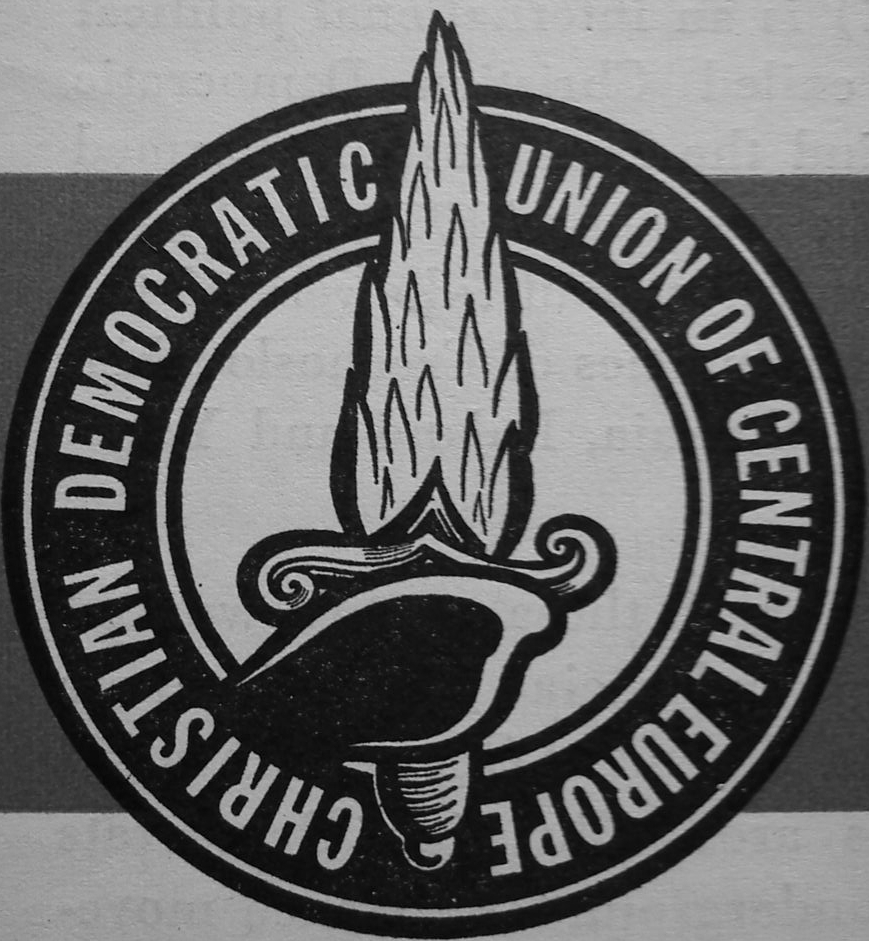
The Hoover Institution is undoubtedly the best archive in the USA for pursuing this type of research. I had the chance to consult a wide variety of collections. I found a wealth of useful information about the lives of the émigrés in the displaced persons camps, their first months in exile, in the papers of Victor Malec, Ladislav Bevc, Stasys Silingas, Jules Feldmans, Božidar Puric, Konstantin Fotić and in Latviesu Centrala Komiteja Records. Deeper insight into the matters of the Czechoslovak post-war exile and the Czechoslovak desk of Radio Free Europe offers the correspondence in Juraj Slávik, Michal Múdrý, Ferdinand Peroutka and Štefan Osuský. Finally, unique materials related to the exile internationals are to be found in Stanisław Mikołajczyk papers, Jay Lovestone papers and Radio Free Europe/Radio Liberty Corporate Records: Alphabetical file (1948-1988), Washington Office File and Historical File. I went through twenty-six boxes in only the last three collections and got invaluable details about how U.S. officials regarded exile organizations and used them for the needs of anti-communist propaganda and American foreign policy.
Thanks to the generous scholar research support granted by The Hoover Institution Library & Archives, I spent two weeks of intense research and now have document sources for a number of articles and three books I intend to write in upcoming years. I will try to publish the results of my research at Stanford in both Czech and English, to benefit the professional public on both sides of the Atlantic.
I was also happy to establish closer contacts with Hoover Institution staff, and I am looking forward to my next visit. I have already offered my assistance with the processing of the papers of Professor Radomír Luža, a well-known representative of Czechoslovak exile bodies. His collection of 200 boxes still lacks a finding aid. Since a significant part of the materials is written in Czech and deals with the organizations and people I have been researching for a while, I believe my contributions may be useful. In addition, I have studied fifteen European languages in the past and am able to read and understand the more subtle context of many of these papers. Therefore, I could work also on the Polish, Ukrainian or Slovenian collections, if necessary. I am interested in any form of cooperation with the Hoover Institution.
Last but not least, for their great help and their warm and friendly approach, let me thank Mrs. Celeste Szeto, Mrs. Carol Leadenham, Mr. Maciej Siekierski, Ms. Justyna Szulc and all the others on the research staff.




